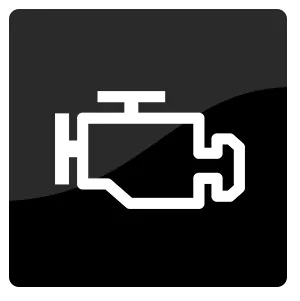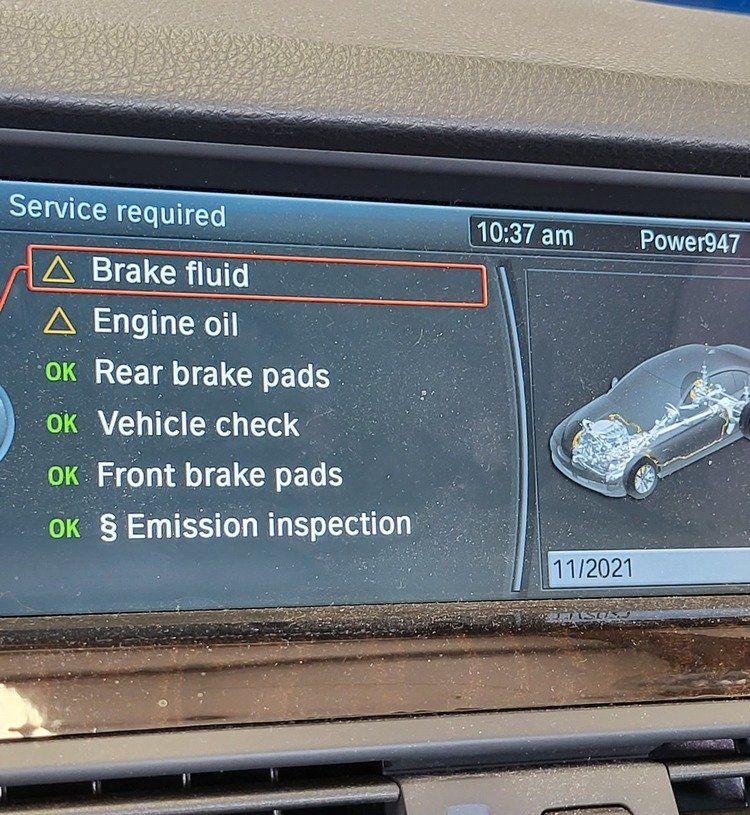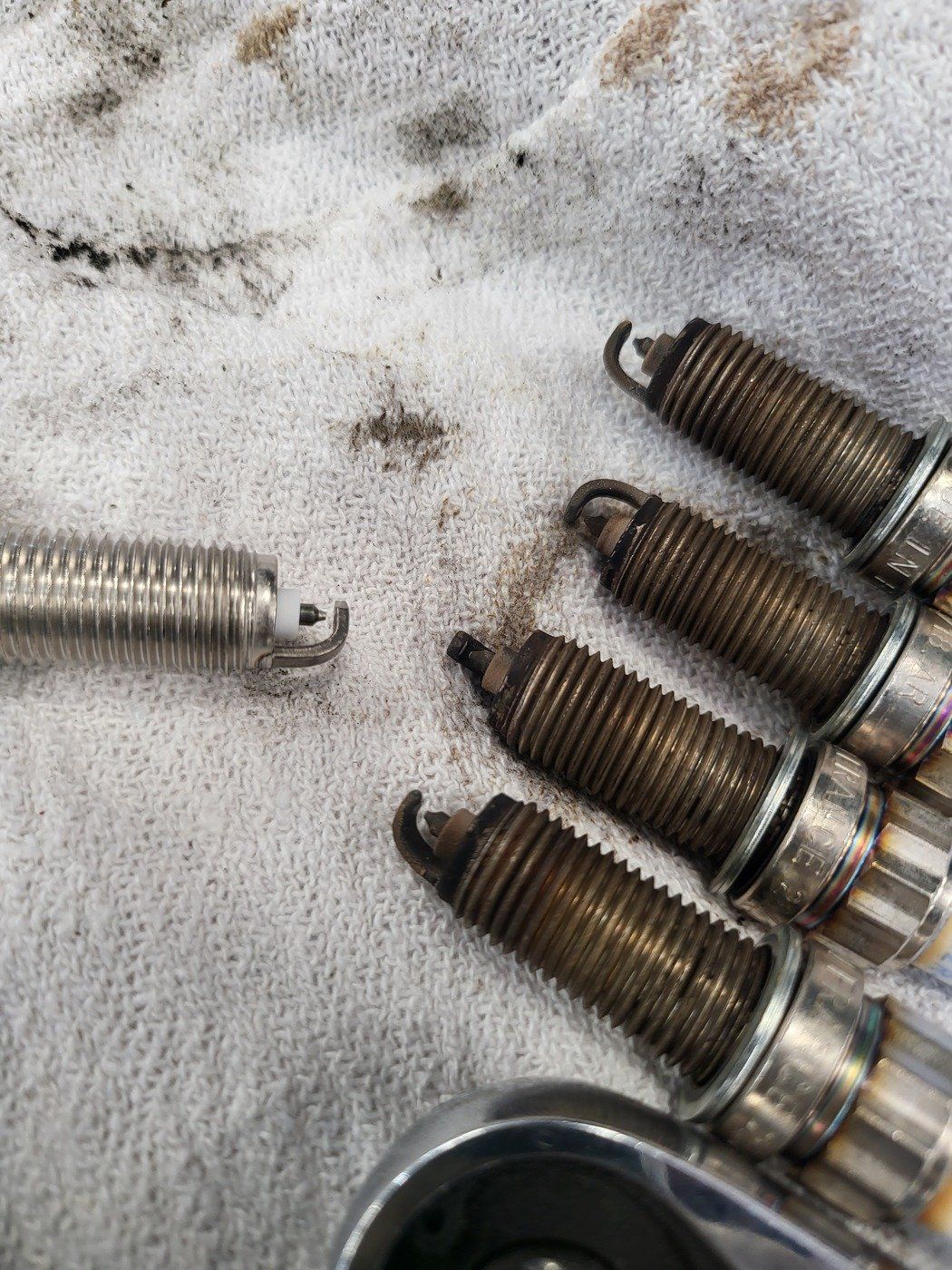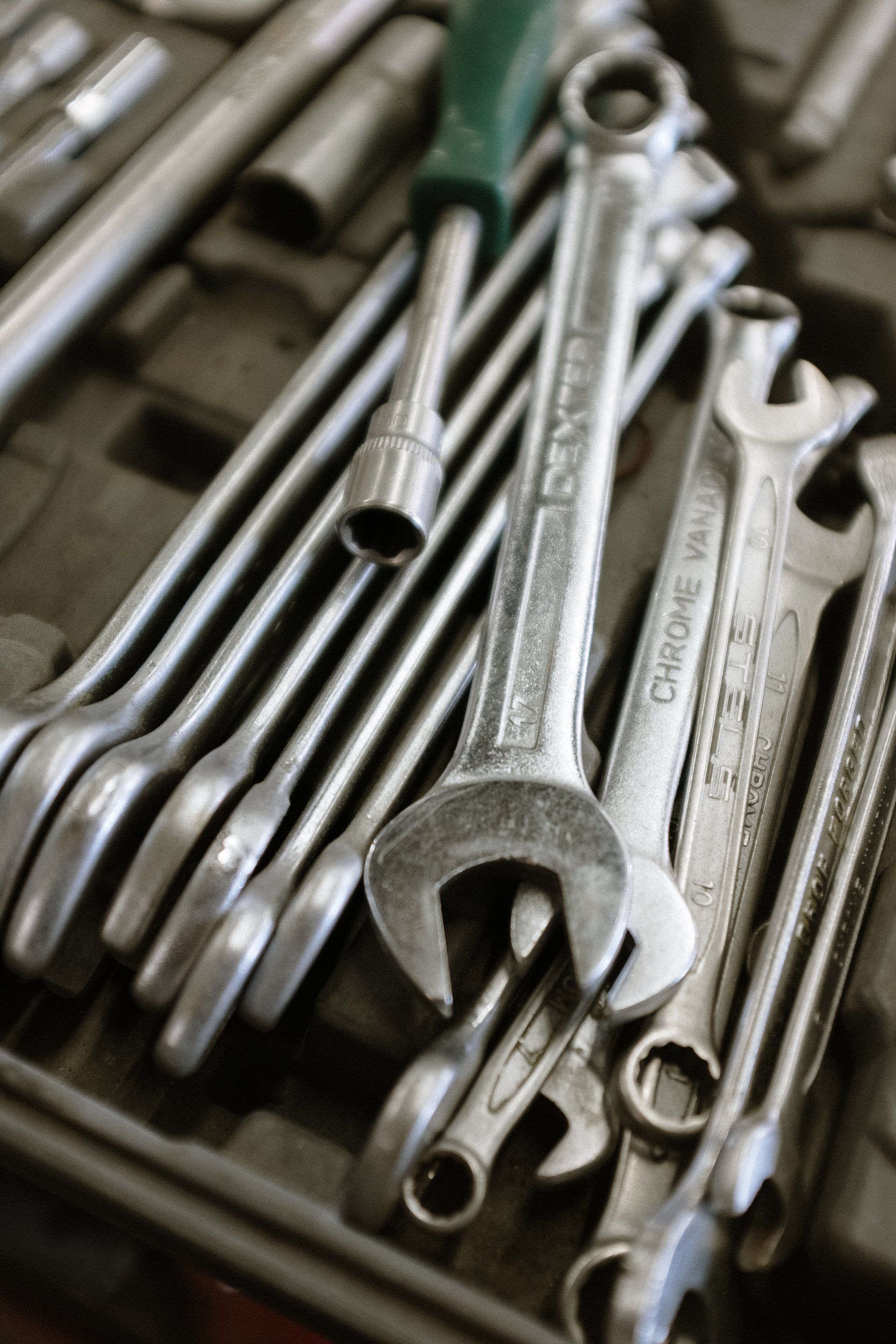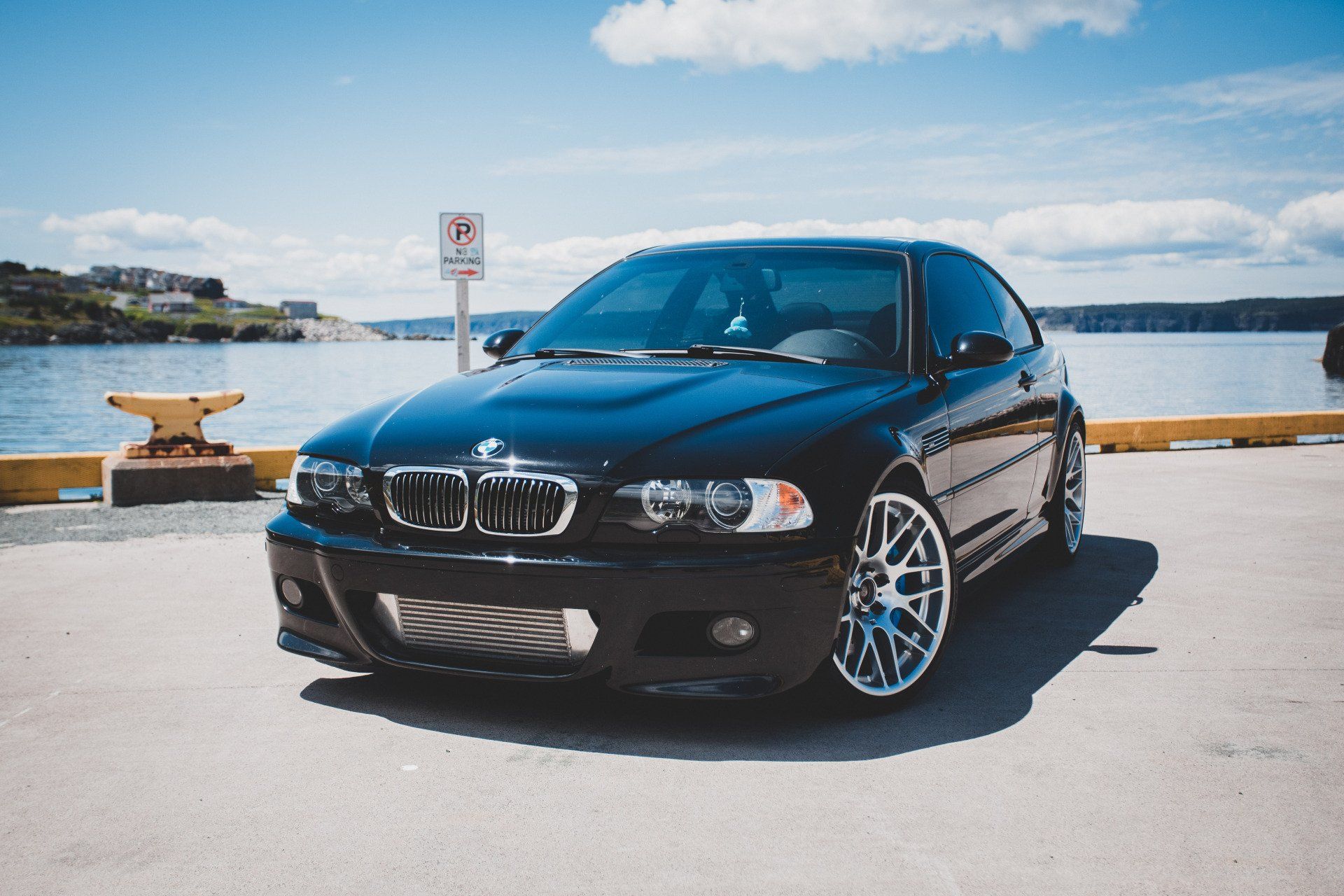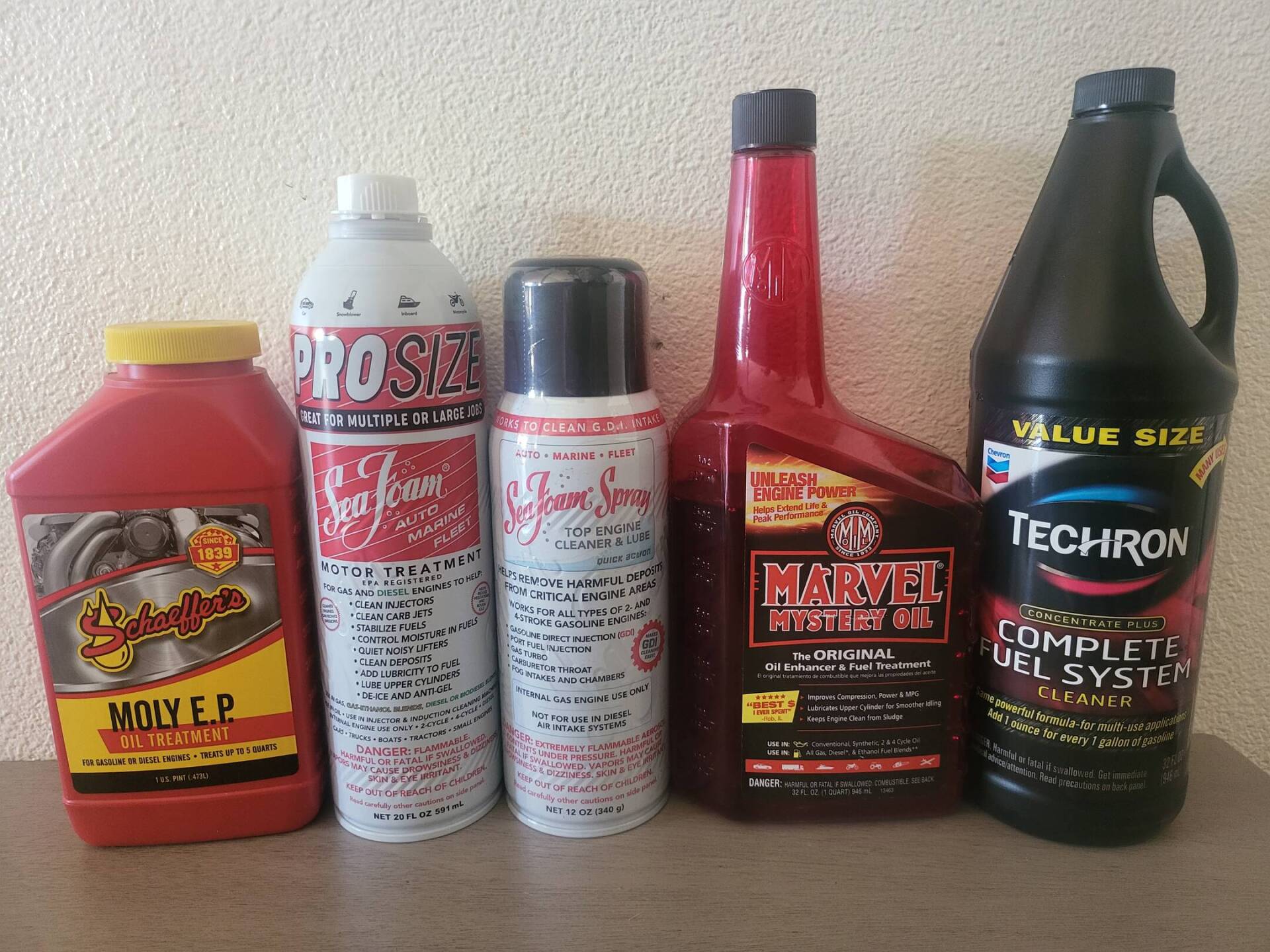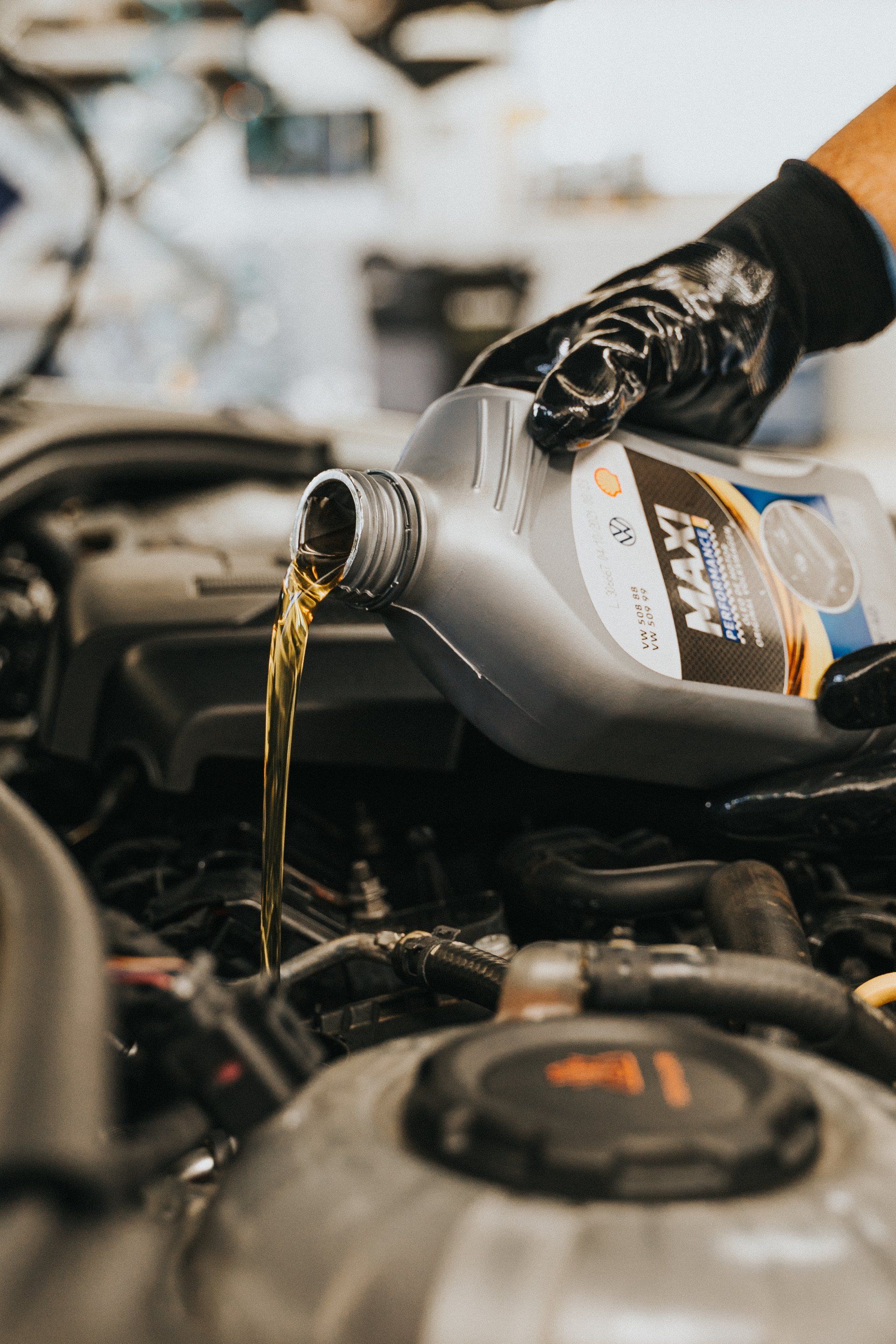There are a few iterations of the BMW CBS system Which started in 2001 with the introduction of the (model year 2002) E65 7 Series. It was introduced into the 5 Series with the introduction of the E60, 3 series with the E90, and so on. Before CBS, BMW used what's known as SIA, or service interval algorithm.
It used a series of 5 green lights, one yellow light and one red light. The green lights would count down one at a time until the yellow one illuminated, at which time it would say "oil service" or inspection. There were "Inspection 1 Services" and "Inspection 2 Services" to be carried out based on the mileage. These inspection services could be closely related to a "tune up."
An inspection 2 service included all filters, oil change, brake fluid change, differential fluid change, spark plugs, and valve adjustment on some models. This was a costly service for some vehicles, reaching the four figure mark.
The second version of the SIA system simply had a mileage countdown from 15k miles, however it was essentially the same thing.
In an effort to advertise "lower cost of ownership," BMW introduced the CBS system. Instead of replacing everything all at once, the CBS system keeps track of all those items individually. While this gives the perception of a lower cost of service, what it effectively accomplished was requiring the vehicle to be serviced
more frequently,
just with a lower price point per visit.
As mentioned above, the CBS system tracks all the routine maintenance items your BMW and Mini require. Oil changes, Brake Fluid Replacement, Spark Plugs, Cabin Air Filters, Brakes, etc. Most of these items are displayed in your iDrive menu or instrument cluster if you flip through to the vehicle status tab, or by scrolling through the BC functions in your instrument cluster by using the scroll wheel on your turn signal stalk.
The first iteration of the Condition Based Service System introduced into the 2002 E65 7 Series kept track of every item individually. Every. Single. One. This was a blessing and a curse, the owners were annoyed that the vehicle seemed to ask for some type of service 2 or even 3 times a year, but it was really nice to see every item in the display and know when it was going to be due for service or replacement.
Over the next two iterations of the CBS system, more and more items began disappearing from the CBS menu. They still required regular servicing, however BMW introduced what they call "connected services." What that means is, rather than having a separate CBS item for cabin air filter, they "connected it" with the brake fluid replacement item. So when your brake fluid was due for replacement, the dealer knew it was time for your cabin air filters to be replaced as well.
They did the same thing with engine air filters and spark plugs, just at different intervals. So, while this does a great job of "decluttering" the CBS menu and giving drivers the impression their cars need less service, it also created a problem where only the dealers knew at what intervals to replace those "connected service" items, and any non-dealer repair shop had no idea.
This is evidenced by many of the late model BMW and Mini brand vehicles I've serviced. Those "connected service" items like spark plugs, engine air filters, and cabin air filters are so far beyond their effective service life that the performance of the vehicle suffers, and it ends up costing the owners more in the long run.
Oil Changes
Care Care 101 here, yes your CBS system does keep track of your oil changes, although I don't believe it to do so in a manner which is best for your vehicle over the long haul. Most late model BMW vehicles only remind you to do oil changes every 10 to 15 thousand miles. Yes, you read that right. It essentially trains owners that their cars rarely ever need oil changes, and nothing could be further from the truth.
I've seen many vehicles whose owners only loosely follow the CBS system recommendations for oil change intervals, often going 15 to 20k miles between services. Those vehicles are often times headed to the scrap yard before they reach 150k miles.
Vehicle manufacturers are recommending these super long oil change intervals, again, so they can advertise a low cost of ownership. They know the engine will last just long enough for it to go out of warranty, and at that point it's your problem.
Engine Oil isn't magic. It requires more attention than your car would have you believe. I've followed the same oil change interval structure on my own vehicles for decades, and I've never had to replace an engine. Ever.
Personally, I recommend doing oil changes every 5,000 miles. If it's a car used for commuting long distances on the highway you can stretch that out to 7,500 miles, since highway driving is much easier on your engine and drivetrain compared to most cars driving around town.
If your car accumulates mileage very slowly, such as a weekend car or the like, once a year is the correct interval for oil changes if it's driven less than 5k miles yearly.
Brake Fluid Replacement
The brake fluid in your vehicle's hydraulic brake system is another CBS item. The interval for brake fluid replacement is every two years.
Why Replace Brake Fluid? Well, there are a couple reasons.
First and foremost, brake fluid is hydroscopic, meaning it absorbs moisture over time. This causes a double pronged negative effect on your braking system.
First, it lowers the boiling point of the brake fluid. Your brakes get
really hot. You may have seen images or videos of race cars in the middle of a race with their brake rotors glowing red hot. You're unlikely to ever get your brakes quite
that hot, however, if the boiling point of the fluid gets low enough, the fluid itself can start to break down and cause your brake hydraulic system to become slowly less effective over time.
The second negative effect of moisture in brake fluid, is corrosion. As the fluid starts to accumulate more and more moisture, it starts to slowly corrode brake hydraulic components such as the master cylinder, the brake fluid lines, ABS components, and brake calipers. Repairs to these components can be very costly, and many of them are entirely avoidable by keeping up on brake fluid replacement.
Cabin Air Filters AKA: Microfilters
Cabin air filters also known as "microfilters" in BMW world, are filters that are used in the HVAC (heating and air conditioning system) of your car. They filter all the air coming into the HVAC system to ensure you're not breathing in anything too nasty from the outside air. They filter out pollen, dandur, dust, heavy metals, soot pollutants, etc.
As mentioned previously, there are some vehicles that do track the cabin air filter interval individually, however those are becoming few and far between. Most BMW cars on the road are going to have them "connected" to the brake fluid change.
So, the correct interval for replacement of the cabin air filters is every two years. This ensures the volume of airflow into and out of the HVAC system remains as high as possible while delivering clean filtered air to the occupants.
Engine Air Filter
The engine air filter is what filters the air being drawn into the engine. It is critical to keep this air filtered and flowing well for engine performance and longevity.
It is another CBS item that is no longer displayed on the menu, and is now considered a "connected service." The engine air filter would show due for replacement every 2-3 oil changes if the driver was following the CBS recommendations.
Typically that would occur at around the 30k mile mark, and that's my recommendation for engine air filter replacement intervals.
Spark Plugs
Spark plugs are threaded into the top of the cylinder head, and protrude down into the cylinder and combustion chamber on each cylinder in the engine. Spark plugs make a powerful spark at the perfect (computer controlled) time in order to ignite the air/fuel mixture that is drawn into the engine.
Keeping your spark plugs in good working order is necessary to keep your engine running smooth and fuel efficient while minimizing damage to other ignition system components such as ignition coils or the driver circuits in the ECU (engine control unit).
Spark plugs are another one of those "connected service" items you likely won't find in the CBS menu of your vehicle. At the dealer level, they show due for replacement typically between the 4th and 6th oil changes, depending on how frequently oil changes are performed, and on what type of engine.
Turbocharged engines generally call for spark plug replacement around 40-50k miles, where as naturally aspirated engines (non-turbo) will call for replacement around 50-60k miles.
Vehicle Check
Vehicle Check is a scam. There's nothing else to it. When performed at the dealer level, there are no parts replaced, and nothing "connected" to that service. It's simply a vehicle inspection. Dealers would use that as an opportunity to try and sell more work. Plain and simple. I generally just reset this one, as I'm inspecting every vehicle I work on anyway.
Brakes
The CBS system does make an attempt to monitor your remaining brake life, which is good in theory, however it is executed poorly. The third and latest iteration of CBS omits brakes entirely, which I agree with. Let me explain.
In the first and second iteration of the CBS system, BMW attempted to make an algorithm that would tell you when your brakes needed replacement in the future. In the past, they had a simple ground-circuit sensor installed in the left front and right rear inner brake pads. When the pads wore down, the sensor would contact the brake rotor, thus grounding the circuit and illuminating the brake lining light. They used this for decades, starting in the 70s.
Fast forward to the past 15 years or so, and they've overcomplicated the system entirely. They've tried multi-stage sensors and every algorithm possible to try and properly guestimate when the brakes were worn out. What it resulted in was vehicles calling for brake replacement way too soon, and even some cars that would fail to warn you until your brakes were almost metal-to-metal.
They chased their tail trying to make this work for a good 10 or so years, until the 3rd iteration of the CBS system, where they gave up on it and simply went back to the previous system that worked since the 70s. So you won't find your brakes on the CBS menu of BMW or Mini vehicles in the past few years, you simply have your brakes inspected during service, and/or wait for the brake warning light to illuminate and tell you it's time.
Emissions Inspection
This is simply there to remind you of when emissions inspections are due. It does not indicate anything is wrong with your vehicle, nor does it mean something needs to be replaced. This function can be turned off entirely through coding and programming functions.
Statutory Vehicle Inspection
Another reminder function that does not indicate any problem or require any attention. Much like the emissions inspection reminder, this can be turned off entirely through coding and programming functions.
